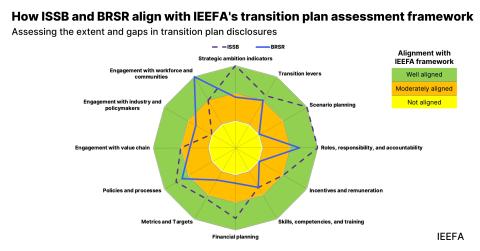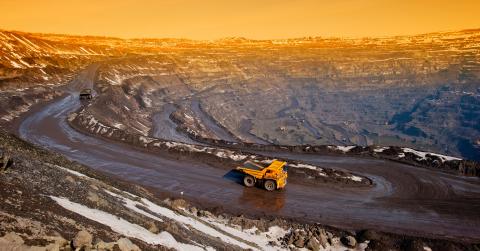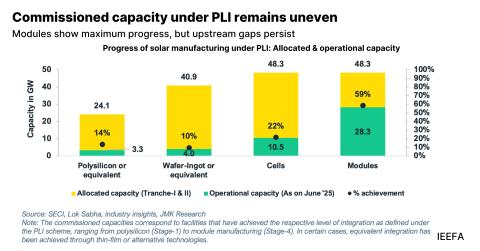In a tumultuous 2020, shale firms slashed capex to generate cash
Download Full Report
Key Findings
A cross-section of 30 North American shale-focused oil and gas producers spent $158 billion more on drilling and other capital expenses since 2010 than they generated by selling oil and gas.
By cutting capex by $20.6 billion year-over-year, these companies collectively managed to generate $1.8 billion in positive free cash flows—marking the first full year of positive cash results since the dawn of the fracking boom.
Rising oil prices could help these firms continue to generate cash—but only if they restrain spending on new drilling, which would threaten future growth in production.
Executive Summary
A cross-section of 30 North American shale-focused oil and gas producers spent $158 billion more on drilling and other capital expenses since 2010 than they generated by selling oil and gas, an IEEFA analysis finds. But last year, by cutting capex by $20.6 billion year-over-year, these companies collectively managed to generate $1.8 billion in positive free cash flows—marking the first full year of positive cash results since the dawn of the fracking boom.
Free cash flow—the amount of cash generated by a company’s core business, minus its capital spending, or capex—is an important gauge of financial health. Positive free cash flows enable firms to pay down debt and reward stockholders. Negative free cash flows, by contrast, force companies to fund their operations by other means, including dipping into cash reserves, selling assets, or raising new money from capital markets.
IEEFA’s sample of fracking-focused companies racked up negative free cash flows every single year from 2010 through 2019. Last year’s positive free cash flows were only possible because shale companies cut their capital spending to the lowest level in more than a decade. Moving forward, restraining capital spending could help the fracking sector generate cash. But low levels of investment also undermine the industry’s prospects for growth, reinforcing the perception that the U.S. oil and gas industry has entered a decline.















